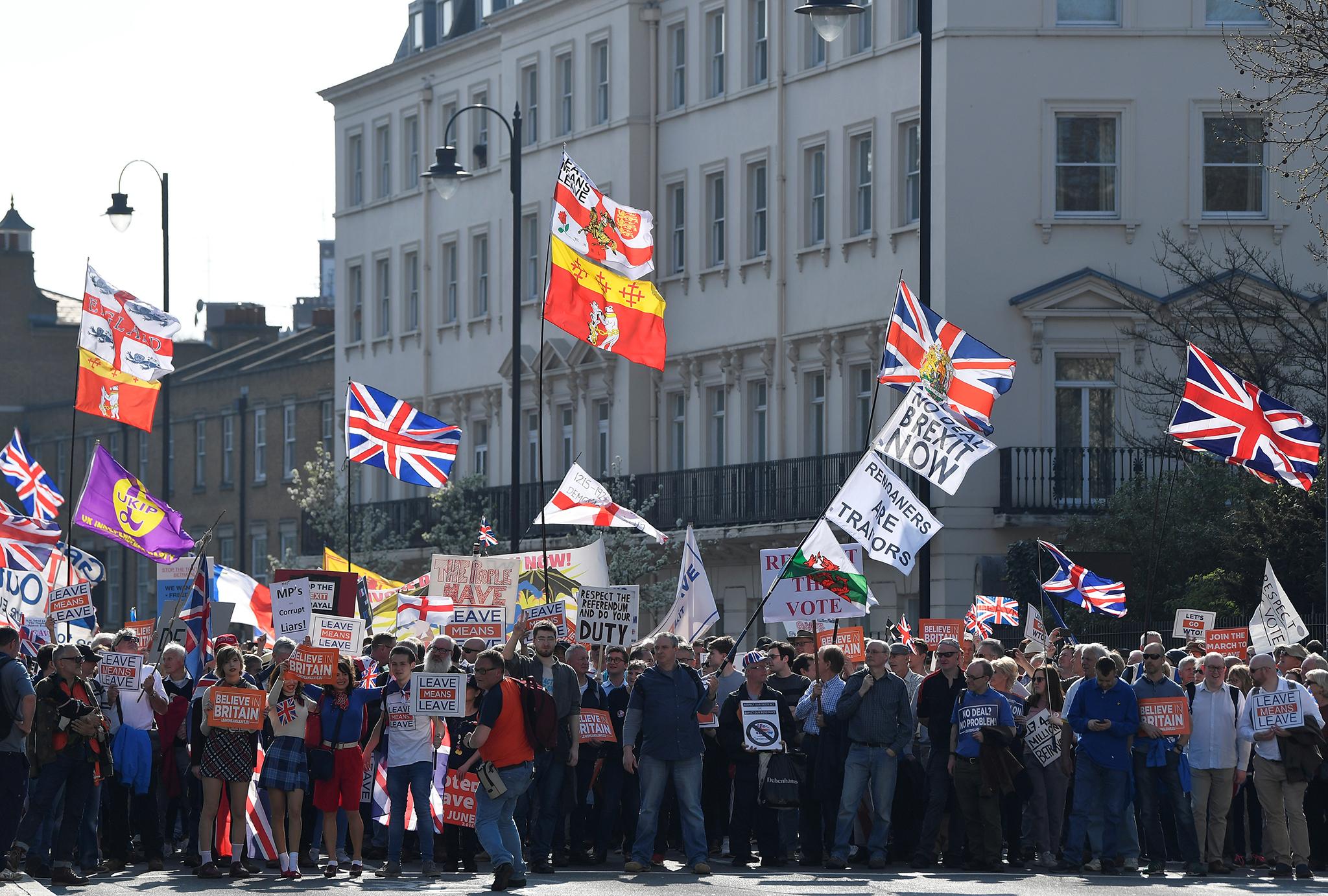Who will be cheering when Brexit is over?
What I find extraordinary about this period of history is how wide open and unpredictable it is


Your support helps us to tell the story
From reproductive rights to climate change to Big Tech, The Independent is on the ground when the story is developing. Whether it's investigating the financials of Elon Musk's pro-Trump PAC or producing our latest documentary, 'The A Word', which shines a light on the American women fighting for reproductive rights, we know how important it is to parse out the facts from the messaging.
At such a critical moment in US history, we need reporters on the ground. Your donation allows us to keep sending journalists to speak to both sides of the story.
The Independent is trusted by Americans across the entire political spectrum. And unlike many other quality news outlets, we choose not to lock Americans out of our reporting and analysis with paywalls. We believe quality journalism should be available to everyone, paid for by those who can afford it.
Your support makes all the difference.I vividly remember the night of 29 March this year. It had been, for two years, the date on which we were to leave the EU. It had only recently become thinkable that the deadline could be moved, and it was only at the leaders’ summit a week earlier that a short extension was agreed.
That extension was to give May one more chance to try to get her deal approved by parliament, and she brought it to the vote on what had been Brexit Day until a week before.
All day outside parliament two crowds of demonstrators gathered. One group, the Remainers, who wanted to cancel Article 50 and stop Brexit, wanted the prime minister to lose. The other group, the diehard Brexiters, also wanted the prime minister to lose, because they regarded her withdrawal agreement as a “surrender treaty” that was Brino (Brexit In Name Only).
They spent the afternoon chanting slogans at each other and singing songs. As night fell, both crowds became rowdier. The police looked tense. But the atmosphere remained mostly good-natured.
Watching from a window overlooking Parliament Square, which was full, I remember the cheer that went up when the result of the vote was announced. The government had been defeated by 344 to 286. The noise was immense, because both sides were celebrating wildly.
I thought at the time: one side has got this wrong. I didn’t know which one, although then I thought it would probably be the Brexit purists: I thought they might have sabotaged their one chance to leave.
Since then, the probabilities and future timelines have flowed back and forth. For a while a no-deal Brexit at the end of October seemed most likely; now it is receding again.
What I find extraordinary about this period of history is how wide open and unpredictable it is. The time machine to the future seems to be cycling endlessly through the three possible outcomes without ever settling on one: leaving with a deal, leaving without a deal and not leaving at all.
One day, we will be able to look back and know which side shouldn’t have been cheering on 29 March. But when that day comes, we should always remember that, for those of us who lived through it, the outcome was always stubbornly unknowable.
Yours,
John Rentoul
Chief political commentator
Join our commenting forum
Join thought-provoking conversations, follow other Independent readers and see their replies
Comments